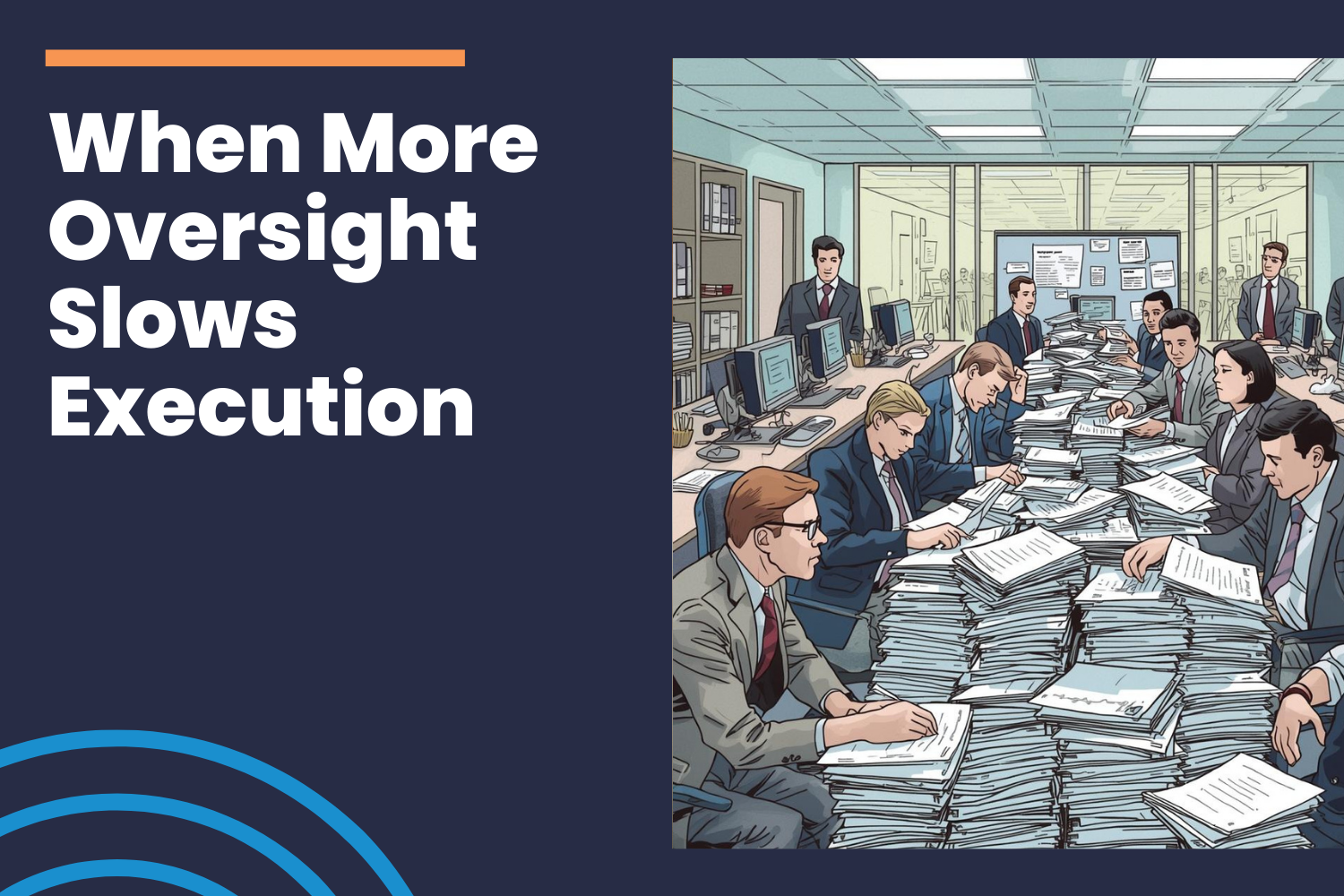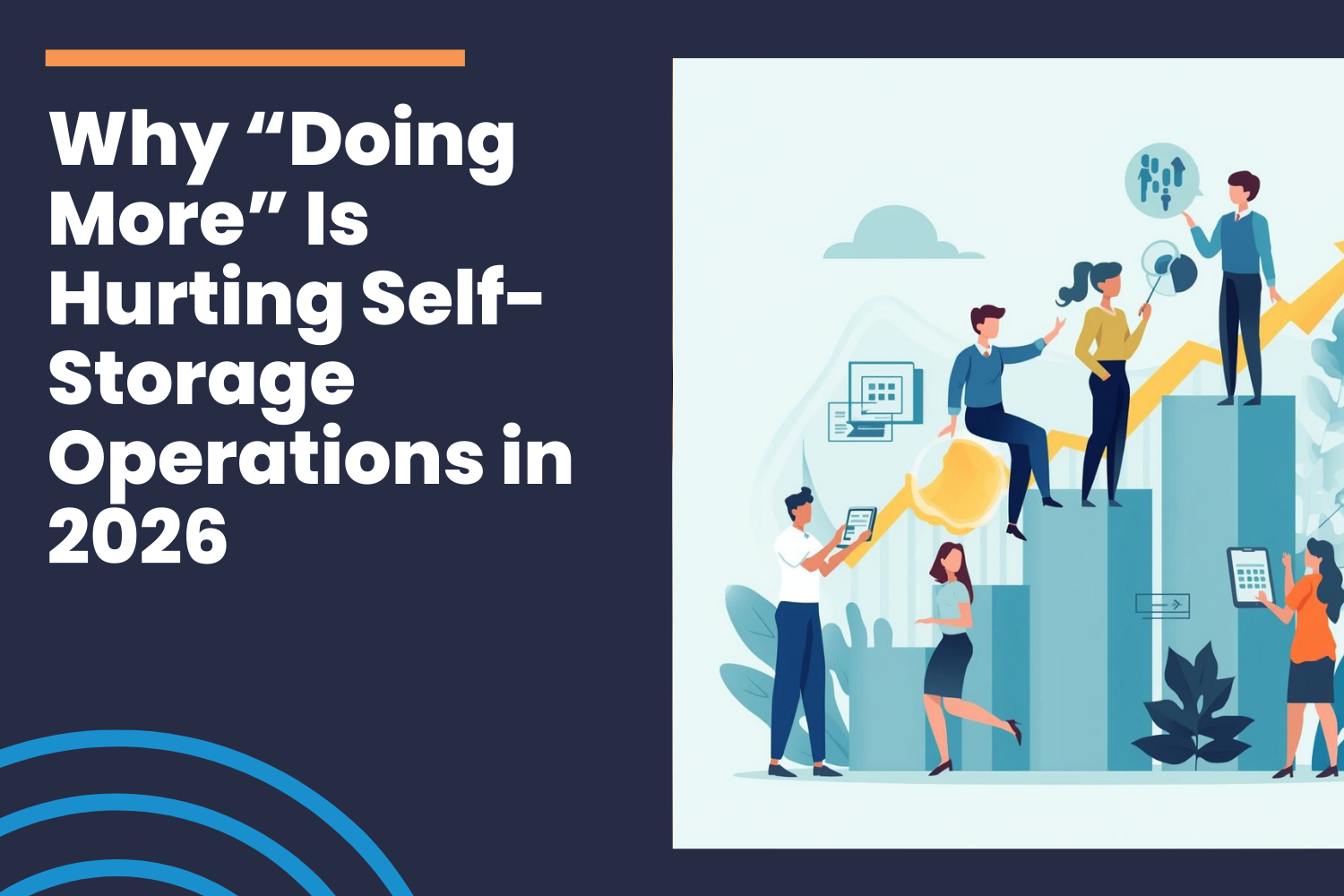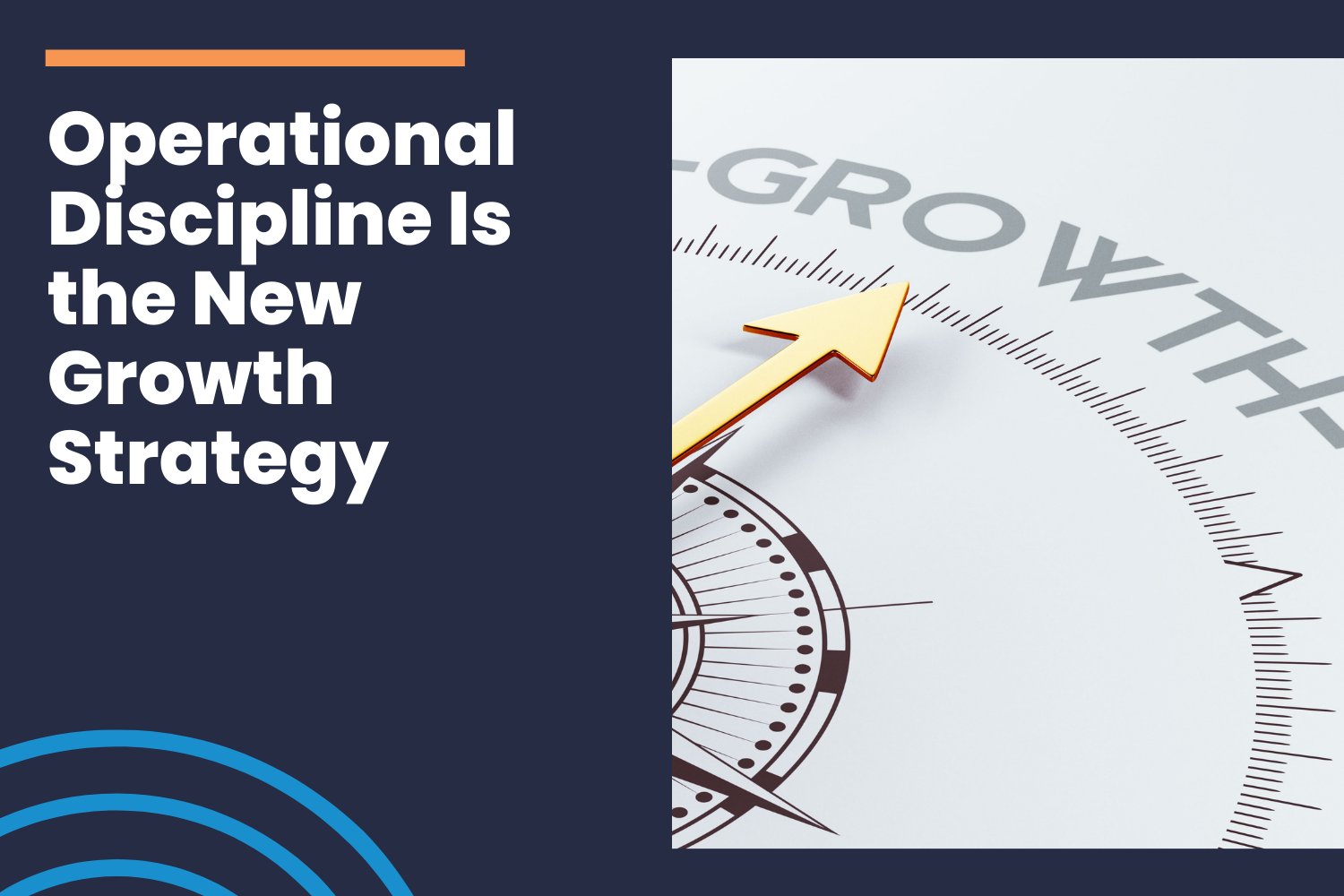New Lien Law Pitfalls: How a 9pm Notice Could Cost You $1000
Sending a routine lien notice at the wrong time could land you in legal trouble.
New timing restrictions under California’s Rosenthal Fair Debt Collection Practices Act and Florida’s Consumer Collection Practices Act (FCCPA) mean a simple 9:01 PM email might cost you $1,000—or worse, a lawsuit.
What’s the Big Deal with These New Laws?
Both California and Florida have updated their debt collection laws to protect consumers (and, in some cases, businesses) from aggressive or misleading collection tactics. The FCCPA allows consumers to sue creditors for small technical violations, which may be used to pressure businesses into settlements.
Ignoring these new rules could be risky and expensive.
What’s at stake?
Legal Consequences: Consumers can take legal action, and some might even pursue class-action lawsuits.
Financial Penalties: Statutory damages up to $1,000 per violation (plus attorney fees!).
Operational Chaos: Manually tracking timing restrictions across multiple states? No thanks.
Here’s what you need to know:
California’s Rosenthal Act: Expanding Protections Beyond Consumers
The Rosenthal Act has long ensured that debt collectors play fair in California. But as of July 1, 2025, it extends those protections to commercial debts under $500,000. More importantly for self-storage operators, it applies to original creditors—not just third-party collectors.
Bottom Line: If you’re collecting your own past-due rent, the same restrictions that apply to big debt collection agencies may now apply to you.
Florida’s FCCPA: No Late-Night Lien Notices
The FCCPA is Florida’s version of the federal Fair Debt Collection Practices Act (FDCPA), but with extra teeth. One of the most significant changes, effective July 1, 2025, is that creditors cannot contact debtors between 9 PM and 8 AM.
Yes, that may include self-storage operators sending lien notices. Further, the FCCPA requires all debt collectors, including those located out-of-state, to be registered with the state of Florida, with some exceptions.
A single misstep—like an automated email sent at 9:01 PM—could land you in legal hot water. And with the FCCPA allowing consumers to sue for up to $1,000 per violation, plus attorney fees, those mistakes will add up fast.
Automation Keeps You in the Clear
Thankfully, you don’t have to manually track every legal change or worry about whether your lien notice goes out at 8:59 PM or 9:01 PM. Automation does the heavy lifting for you. Here’s how:
1. Timing Compliance, Built-In: Automated lien processing ensures that communications only go out within the legally allowed hours—no human error, no legal headaches.
2. State-Specific Safeguards: Different rules for California and Florida? No problem. Automated workflows can adapt to state-specific compliance requirements, so you don’t have to.
3. Audit Trails for Proof of Compliance: If anyone questions your process, automation platforms provide detailed records of every lien notice sent, proving you followed the law.
Stay Ahead of the Compliance Curve
Compliance is getting trickier every day, and automation takes out the risk.
By leveraging technology, self-storage operators can stay compliant, avoid lawsuits, and focus on running a successful business.
Want to learn more?
Check out this blog post from self-storage legal expert Scott Zucker and if you’re serious about compliance, it might be time to explore automated solutions before these laws take effect.
Don’t risk costly compliance mistakes.
See how automation keeps your business protected!
Additional Resources:
Ready to Transform Your Lien Process?
The Time is Now!
Take the First Step Toward Automation Today.
Download the Lien Process Automation Readiness Checklist to assess whether your business is ready to streamline operations and improve compliance.
Continue Reading









